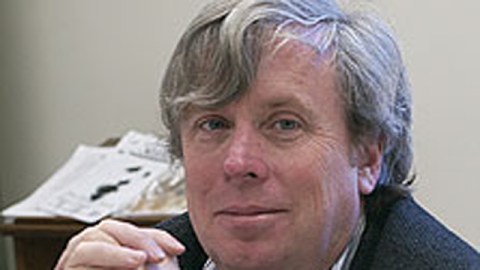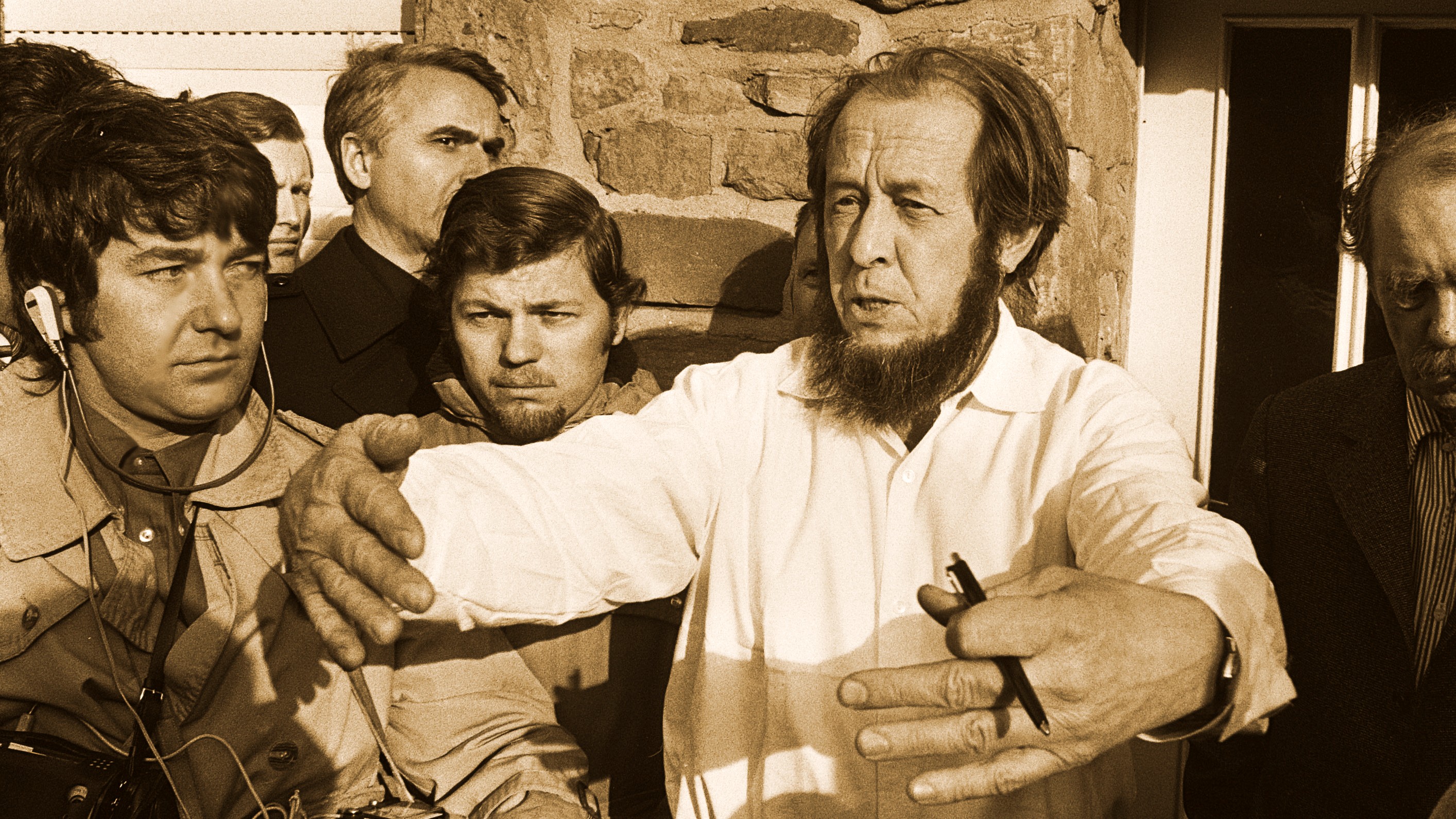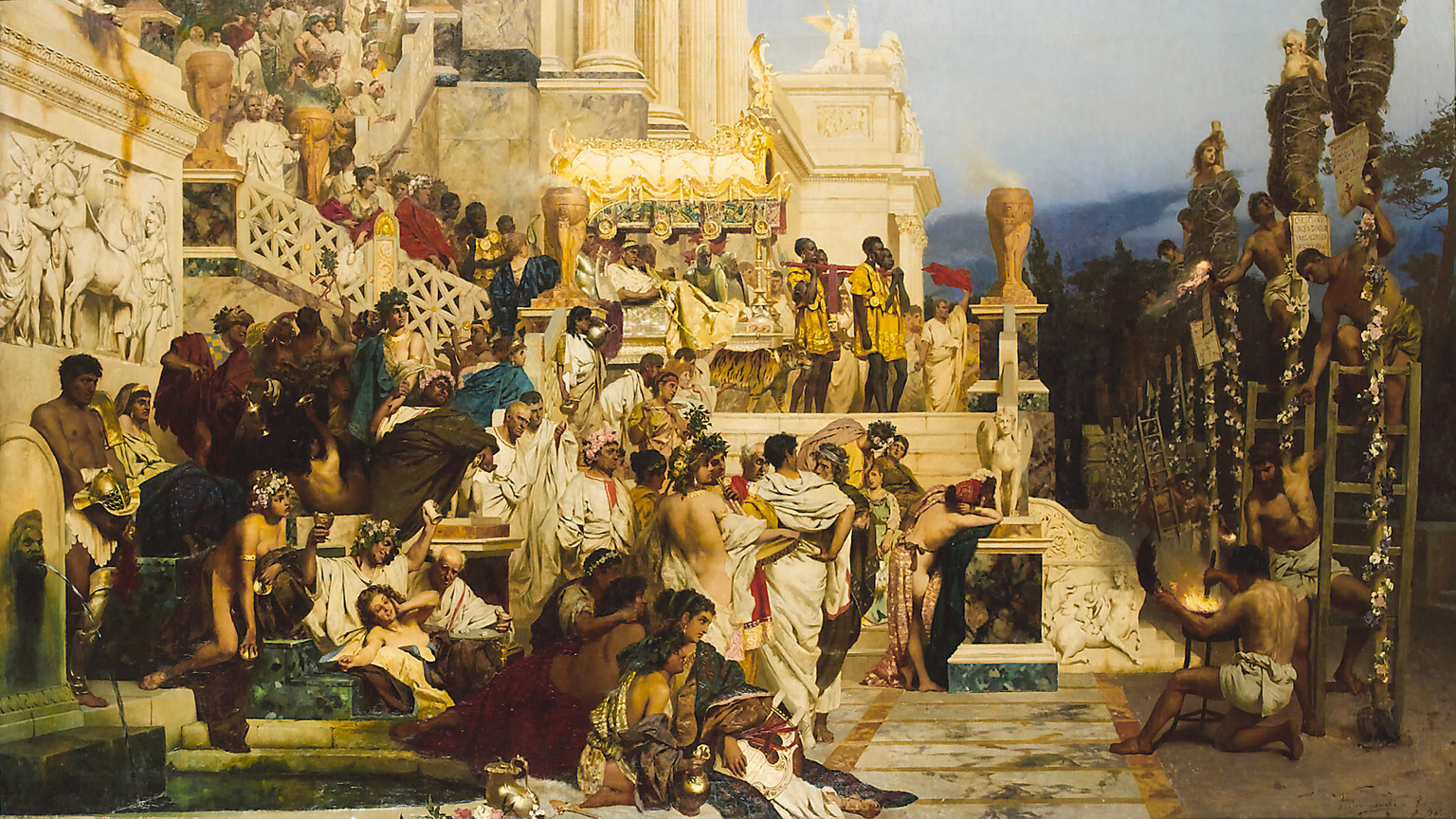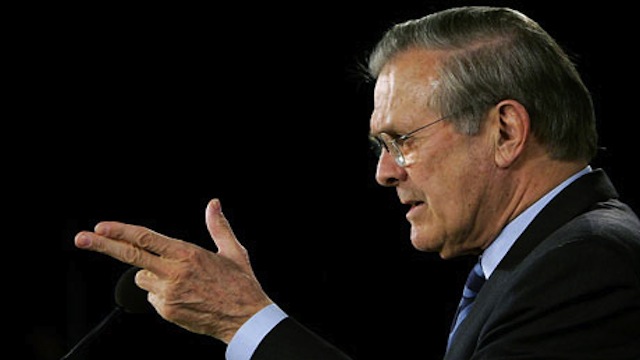Reagan Was Right About Human Nature and History

I hesitate to undermine the good will I might have built up with BIG THINK readers by writing about uniter-not-divider topics like movies and happiness. But Reagan’s birthday is this weekend, and I did write a contribution to a symposium put together by the encyclopedia people that might outrage you in a productive way. Here’s a taste:
Reagan, through his powerfully eloquent applications of moral criteria to politics, restored American confidence that we stand for a purpose higher than empty materialism, fueling the progressive thought that human nature, moral right, and history all support the future of our way of life. “It is the Soviet Union,” the president confidently asserted in a remarkable 1982 speech to the British Parliament (see below), “that runs against the tide of history by denying freedom and dignity to its citizens.” “The decay of the Soviet experiment,” the president argued, is both political and economic, and the “constant shrinkage of economic growth combined with the growth of military production” will prove to be unsustainable. The Soviet suppression of “man’s instinctive desire for freedom” can’t help but always be inherently unstable.
Reagan, against Solzhenitsyn’s excessive pessimism, saw “[t]he hard evidence of totalitarian rule” as the source of “an uprising of the intellect and will.” In the most genuinely advanced currents of Western thought, “there is one unifying thread.” All of “mankind” was being united by the “refusal to subordinate the rights of the individual to the superstate,” and by “the realization that collectivism stifles all the best human impulses.” The president presented our country’s aggressive resistance to the evil empire of the Soviet Union as part of the sacrifice and struggle for freedom that historians had chronicled from “the Exodus of Egypt” to “the Warsaw Uprising in World War II.” And while remaining prudent and peace-loving in the choice of means, Reagan unflinchingly proclaimed mankind’s “ultimate objectives” when it comes to all forms of totalitarian oppression.
We can say, with confidence, that Reagan’s dignified moral aggressiveness on behalf of what is best about who we are turned out to be more realistic and more prophetic than the conservative defenders of mere containment, and those who feared that we lack the courage and determination to prevail against ideological totalitarianism. Reagan was right, or right enough, about human nature





